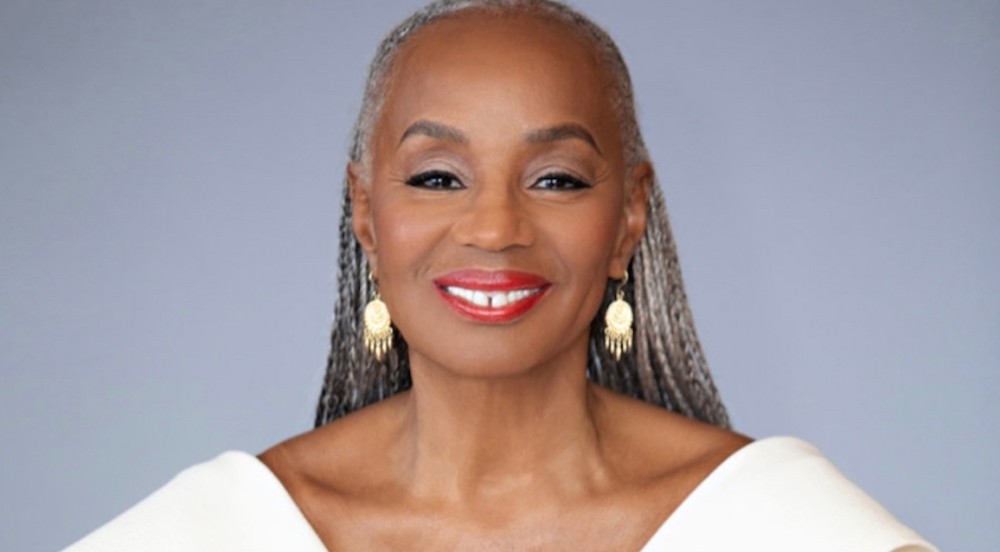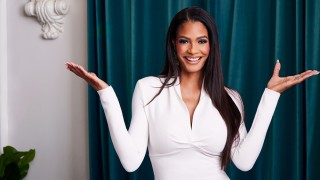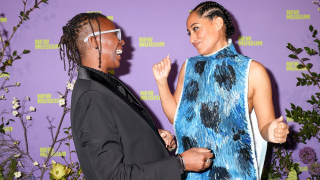If you are lucky, there is someone in your life that you can attribute to shifting the course of your life for the better. These individuals, or mentors, are guardian angels who swoop in to assist your path by providing access to opportunities, experiences and introductions to a generally better way of existing.
Media veteran Susan L. Taylor believes that mentorship is crucial to the foundation of the Black community. This conviction propelled her to initiate the National CARES Mentoring Movement. In the wake of Hurricane Katrina, Taylor noticed the dire need for young people to be exposed to positive representation to further shape the course of their livelihoods. Thereafter, her mentorship initiative continued to blossom and spread to a multitude of Black communities across the country in an effort to uplift and positively alter the trajectories of Black youth.
EBONY sat down with Taylor to discuss the importance of mentorship at all stages in life and how it has the ability to transform lives.
EBONY: How has mentorship been important in your own life?
Susan L. Taylor: I'm among the fortunate ones who had parents who were able, stable and were mature. My parents were very clear about who they were, and the parameters that they would set for their children. Though I grew up in a community in central Harlem that was first quite safe when I was a youngster, it then became increasingly dangerous as heroin ran rampant through our communities and destroyed families and businesses. However, my experience with mentoring really began at home with my grandmother and her large network of beautiful, mature Caribbean women. By simply watching and listening, you knew what was right in the world and how things could be made right.
This is also true in my professional life as well with individuals who took me under their wing and uplifted me throughout all of my endeavors. That was my good fortune
What are some tips for seeking out mentors at varying stages in life?
It's such a good question. I think that while we focus on what we are going to get, we must also focus on what we can give. Not everyone is equipped to serve in a very broad kind of mentoring capacity. Think about what is it that you need most from a mentor. Is it financial management information? Is it information about how you grow your career to the next level? Is it about a relationship? Is it about relationships? There are various types of mentoring and it is important to be specific about what you need.
Depending on the dynamic of the relationship, how can one be a good mentee in return?
I think it's really knowing yourself, knowing what you need and identifying the people who may be able to help. Before you ask them for their help, just ask if you can just stay in touch with them. Very often, I think when people are seeking mentors, they don't think about mentorship as relationship building.
You also want to ensure that the potential mentor is the right fit. It's important that your mentor is a person who is going to be able to be comfortable with you and that you don't have to hide your vulnerabilities from them. A mentor should also feel that you, too, may have something to offer. This could manifest in the form of peer-to-peer mentoring.
Once you've found your mentor, be sure to reach out every now and again. Maybe send them industry news or a little note congratulating them or wishing them a happy birthday. And, don't forget the holidays.
Mentorship is ultimately building trust—mutual trust. You'll find that strong mentors will tell you that they gained as much, if not more, from their mentees than their mentees have gained from them.












